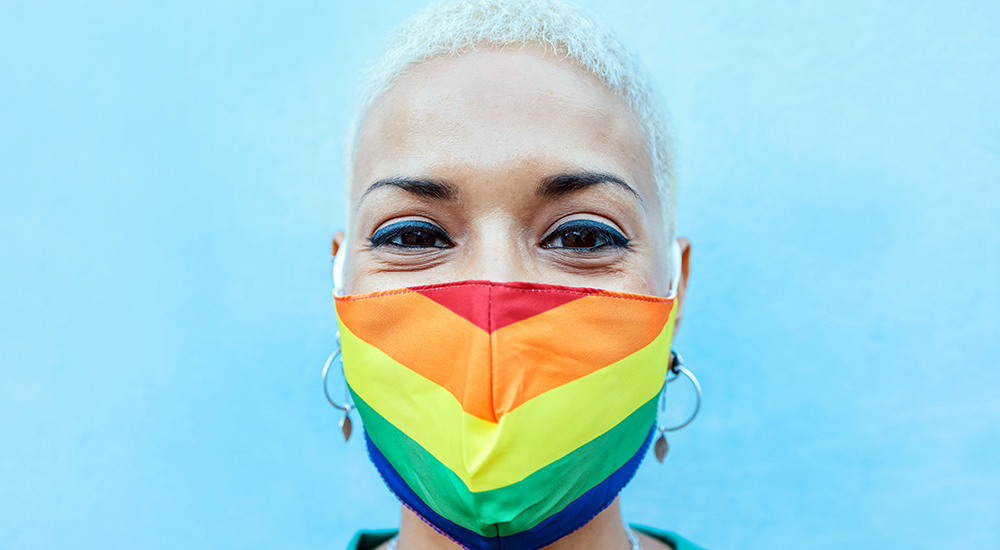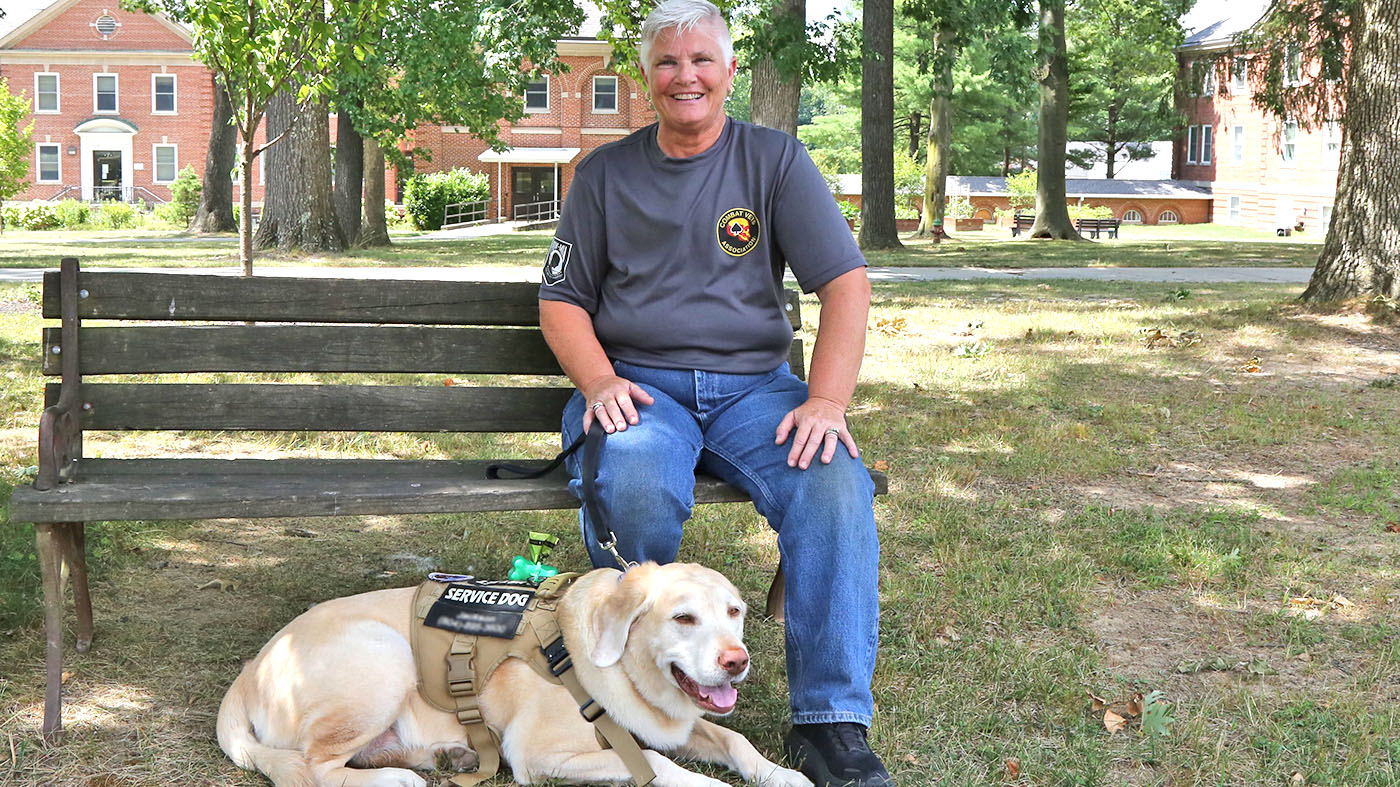Millye is an Army Veteran who served during the early 1960s. Cynthia served in the Navy in the 1970s and 80s. Tracey was in the Army, Army National Guard, and Army Reserve during the 1990s and early 2000s.
Serving in different branches of service during different decades, these Veterans may appear on the surface only to have their service experiences in common. But looking further, we can see that there is more to know about these Veterans.
Millye and Cynthia identify as transgender and Tracey identifies as a lesbian. Together with those who identify as gay or bisexual, these identities form LGBT. LGBT stands for lesbian, gay, bisexual and transgender.
These Veterans chose to receive health care through the VA health system. They have found inclusive and affirming quality care from supportive providers at VA.
One million Veterans
More than one million Veterans identify as LGBT or related identities. Many have felt pressure to hide their identities, faced stigma or felt unsafe when they came out. These situations can increase stress and raise the risks to one’s mental health and physical wellbeing.
Veterans with a LGBT or related identity have higher rates of:
- Smoking, problem drinking, and substance use.
- Anxiety, trauma and depression.
- Sexually transmitted diseases, including HIV infection.
- Some cancers.
VA encourages Veterans to talk about all aspects of their lives with their providers, including their sexual orientation and gender identity.
Conversations and the information you share with your VA provider are confidential and the information can help your provider tailor their recommendations, ensure you get all appropriate screenings and exams, and provide you with the best care possible.
In addition, VA is working to include gender identity and sexual orientation in medical records so providers can learn the concerns and needs of Veterans who identify as LGBT or related identities.
You can also ask staff to not enter this information into your medical record. Medically necessary information, such as a medical diagnosis or surgical history, however, must be included.
LGBT care at VA Women’s Health
Women’s Health is dedicated to VA’s goal to be a leader in health care for Veterans who identify as LGBT or a related identity, and to provide high-quality care in a respectful environment.
Every VA facility has an LGBT Veteran care coordinator (VCC), as well as Women Veterans Program managers. They help Veterans find providers and health care services, answer questions and deal with problems they may encounter.
Additional resources that are available include:
- Virtual Mental Health Care: Veterans can connect with a VA mental health provider through a computer or mobile device from the comfort of their homes or at their nearest VA health facility.
- Gender Affirming Hormone Therapy: VA provides gender affirming hormone therapy and management.
- Substance Use/Alcohol Treatment: VA provides treatment for substance use issues, to include therapy, group programs and medications.
- Sexually Transmitted Infection Prevention/Treatment: VA encourages all Veterans of all gender identities to get tested for HIV and other STIs.
- Cancer Screenings: VA provides all recommended age-appropriate cancer screenings.
- VA Tobacco cessation resources: VA offers a variety of resources and programs to help Veterans quit tobacco use.
- Intimate Partner Violence Support: Women Veteran Program Managers can connect Veterans with needed resources.
- Infertility: VA is committed to helping Veterans navigate challenges that may arise from issues with fertility and the conception of a child.
VA encourages Veterans who identify as LGBT or related identities to schedule an appointment with their provider or contact the LGBT Veteran care coordinator or Women Veterans Program manager at their local VA medical center for assistance.
You can hear Millye, Cynthia, Tracey and other Veterans’ stories at Make the Connection.
Alexis Matza is deputy director of the LGBT Health Program, VA Patient Care Services.
Topics in this story
More Stories
Combat Veteran faces the traumatic events of her PTSD during prolonged exposure therapy and looks forward to the days to come.
Bob Jesse Award celebrates the achievements of a VA employee and a team or department that exemplifies innovative practices within VA.
The Medical Foster Home program offers Veterans an alternative to nursing homes.







Your “Blog” has become a source of entertainment to the Vets (and Active) I associate with. Always good for a laugh, it is.